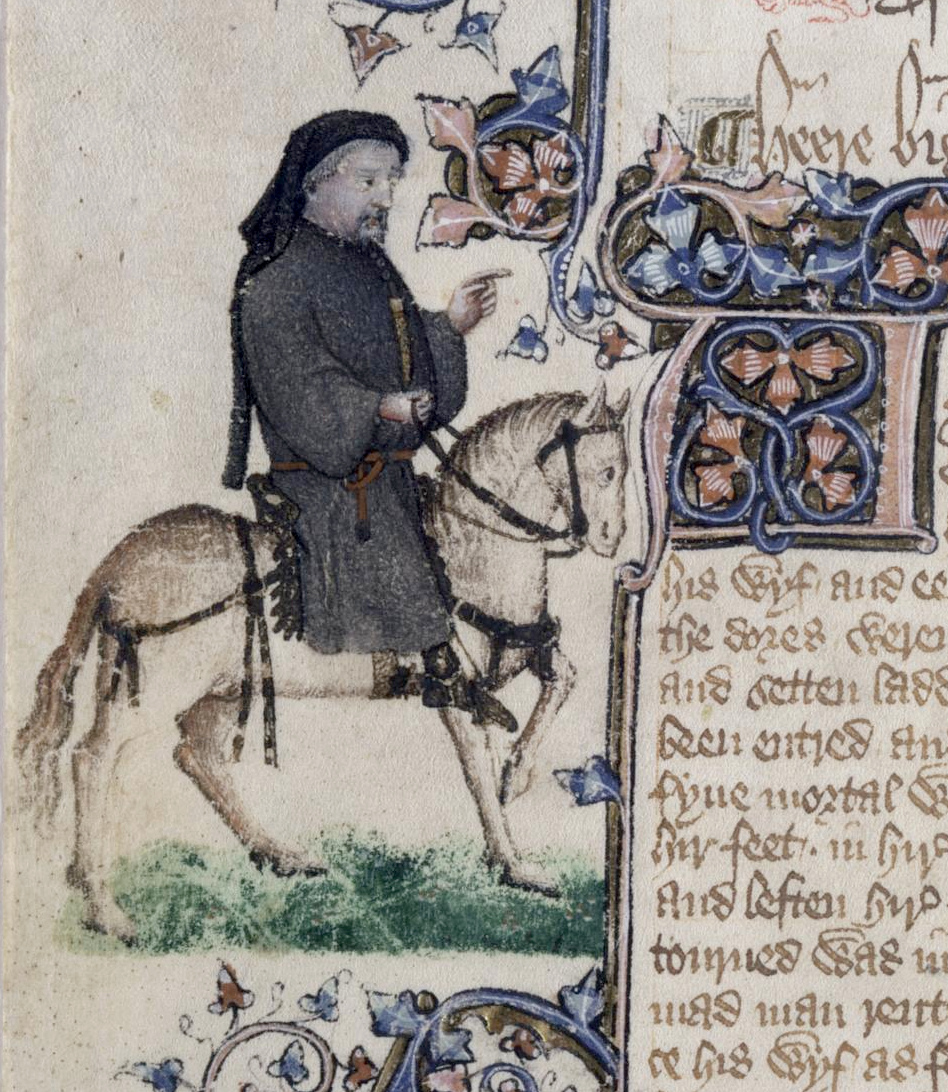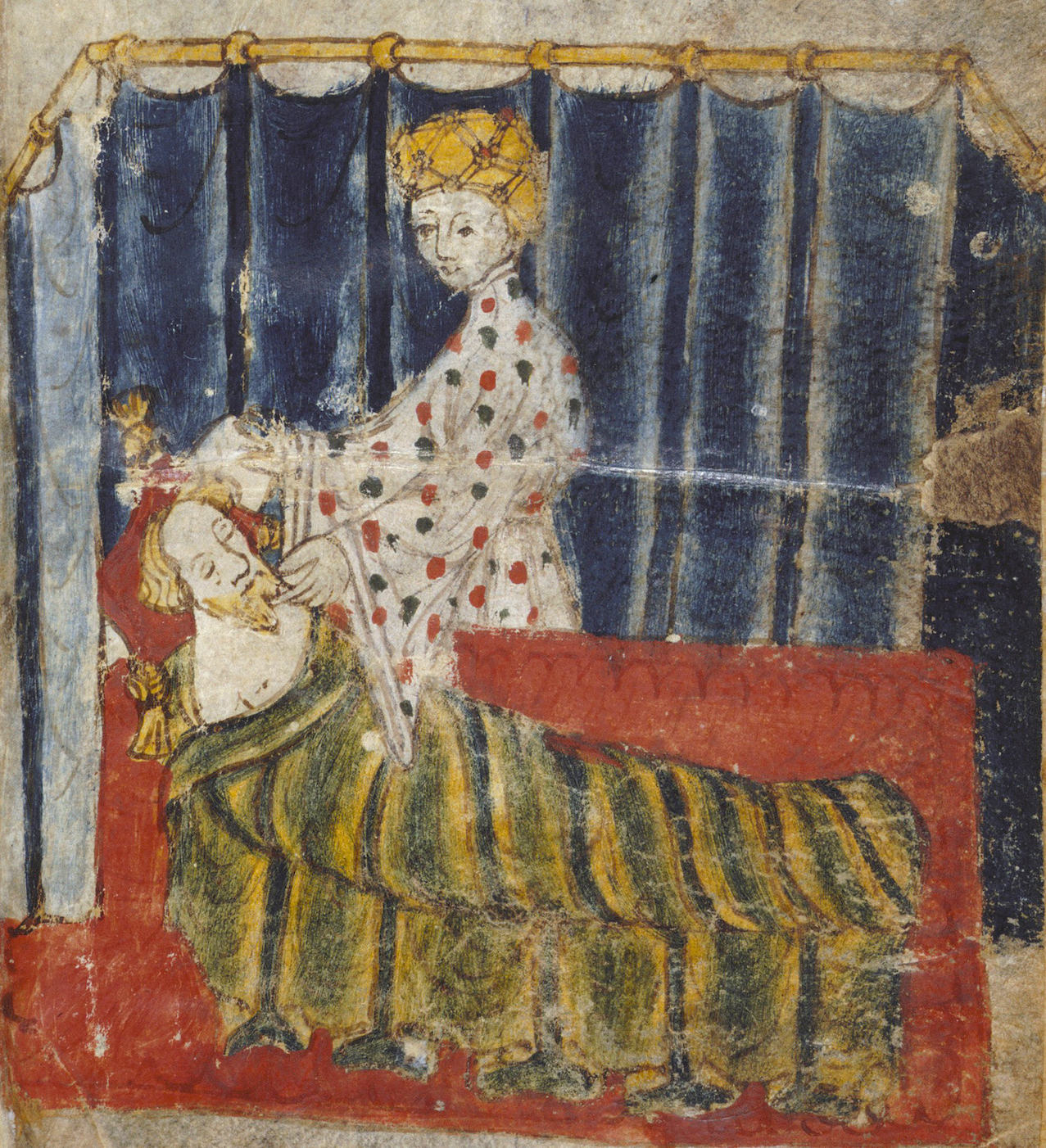In this odd tale, Chaucer makes use of a folklore-esque tale about animals to speak truth about humans, much like Aesop's Fables.
Chanticleer is a rooster, one known for his beauty and crow. He is also quite a proud rooster, but perhaps he is deserving to be. He falls in love and eventually 'marries' (or whatever is the poultry equivalent) an equally beautiful hen named Pertelote. The two are happy and live on as such until one day when Chanticleer is disturbed by a dream in which he is attacked by an "orange beast". Pertelote tells him not to be troubled by it, assuming it to be a physical ailment. And so, the two live happily again.
Their happiness is again interrupted one fateful day. As Chanticleer is out once day in the yard, a fox comes by and spots Chanticleer. Initially alarmed, remembering his dream, Chanticleer begins to leave, but the fox promises no harm. The fox begins to sing to Chanticleer of his own great beauty. As he does so, Chanticleer closes his eyes and stretches his neck to further demonstrate his beauty. The fox quickly takes his opportunity and lunges at the rooster, grabbing the throat and leaping back into the woods from whence he came.
Pertelote begins grieving upon hearing the news, and quickly gathers a party to avenge her husband. A band of dogs go into the woods to find the fox running up a tree with the alive Chanticleer in his mouth. Chanticleer suggests that the fox flatters the dogs to save their lives, and as he opens his mouth to do so, Chanticleer flies out to another tree.
The fox, as a final attempt, begins flattering Chanticleer once again to get him to come back. Chanticleer declares that he has learned his lesson of humility and the deceptive nature of flattery.






